Revitalizing Waqf: A Fresh Perspective on Innovation and Governance
Definition of Innovation in Waqf
Literally, innovation means “the use of a new idea or method”.[1] Technically, Schumpeter defined “innovation as the economic impact of technological change, as the use of new combinations of existing productive forces to solve business problems”.[2] It is also defined as “a process that combines science, technology, economics and management, as it is to achieve novelty and extends from the emergence of the idea to its commercialization in the form of production, exchange, consumption.”[3]
In light of the above definitions, the author defines the innovation in waqf as the “invention and use of new knowledge and methods for protection, governance, growth and distribution of waqf, fulfilling the objectives of Sharīʿiah”. As per this definition, the invention could be on various sections and levels, such as encouraging people to do waqf, protecting and managing the existing waqf assets and ensuring their growth and further flourishment. It also means finding new ways to distribute waqf to deserving beneficiaries efficiently. The phrase “fulfilling the objectives of Sharīʿiah”, among others, refers to conforming to the rules of Islamic jurisprudence, achieving the goals of waqf and meeting the needs of the time.
Necessity of Innovation in Waqf Governance
Undoubtedly waqf is underutilised in both Muslim majority and minority countries. Waqf funds are not well planned or invested for generating promising income to broaden its utility and expand its applications. Observing the existing scenarios, it is evident that the innovative, holistic, creative and efficient governance of waqf is a necessity more than ever. The need for a continuous and sustainable source of income to reach out to needy people has become nothing short of a necessity.
The researcher argues for a paradigm shift in existing attitudes, approaches, governance and the culture related to waqf as he observes reluctance and indifference among people in making endowments. Seeing the negligence of the waqf assets, people are not motivated to make new endowments. It might seem true that if existing waqf is not of any noticeable use, why should they leave their valuable properties to decay? This attitude cannot be changed without ensuring efficient waqf governance with the help of innovative strategies with the leadership and participation of official bodies and NGOs. If not, it is like treating the symptoms, not the cause of diseases. The problem is not with waqf but its governance and concerned parties. To begin with, the revival should take place within the hearts and minds of believers.
The revival of waqf has become ḍarūriyyāt in contemporary times due to the miserable and sympathetic state of the ummah. In contrast, waqf’s potential in solving it is not explored and used yet. Waqf can be a crucial force for the welfare of current and future generations via taking care of orphans, needy, poor people, retired members, family of prisoners, disabled, and also for establishing educational and cultural centres, including masjids and hospitals.
Waqf is about long-lasting care. The soul of sustainable development goals (SDG) is inherently engrained in the application of endowment. The endowment is based on making development sustainable, convenient, effective and useful for many generations. By enhancing and revitalising waqf with innovative institutional strategies, SDGs and the socio-economic development of contemporary Muslim societies can be attained. A comprehensive discourse on the innovation of waqf promises the upbringing of a creative and healthy society.
Temporary assistance in the form of ṣadaqah, zakāt and other donations will vanish over time, but the list of people’s needs goes endless. In addition, natural calamities, wars, and epidemics push the people to additional challenges for which the world remains unprepared. Needless to say, the life of low and middle-class people and daily wage earners have become miserable as an explicit post-covid consequence. Unemployment is at its peak, particularly because the youth need opportunities to use their skills and bring about positive changes in society, but they are facing a shortage of chances, and the governments are unable to create and provide openings.
Against these heart-breaking scenarios, a believer has an obligatory duty to reach out to his fellow beings with help and support according to his capacity. Here, the necessity of innovation in the waqf sector becomes clearer as they have the potential to become a source of solace and support for thousands of people in several areas both in Muslim majority and minority countries. But they are underutilized and have not explored their potentialities in achieving welfare in this world and hereafter.
Several studies prove that the state of waqf institutions is unsatisfactory mainly due to the poor management, lack of political will and indifferent attitude of the community in general, despite waqf’s vital potential in socio-economic development and commercial credentials.[4] In the light of waqf experiences in Muslim countries, it is noted that the major challenges faced on the road to waqf development and revival are: legal practices, mismanagement, lack of trust, government interventions and corruption.[5] However, in some countries, the waqf sector sets a high standard of effient management. As far as waqf in Muslim minority countries, some excelled while some are in need of urgent attention and revival. For example, Singapore developed into real estate, which generates a huge amount annually. On the other side, in India, it is reported that more than 490,000 registered Awqaf are found. According to the same report, “if all of the productive and unproductive properties are put to efficient and marketable use they can generate at least a minimum return of 10 per cent which is about Rs. 12,000 crores (one hundred and twenty billion) per annum”.[6]
Innovation in waqf is farḍ kifāyah (collective duty), from a fiqh perspective, which means if nobody strives to bring about innovation in waqf and hence to put an end to the malaise of the waqf and its under-usedness, then every qualified believer will be accountable for his inaction in front of Allah (ﷻ). Waqf is deemed as farḍ kifāyah due to its nature of perpetuity and lasting nature and religious duty of waqf preservation. The reward for the endower is increased as much as its benefits are increased. The perpetuity and usefulness of waqf are guaranteed if it is supplemented with proper management and efficient governance. In that sense, waqf management is a communal obligation which is passed from one generation to another. If some took up this obligation, everybody is free from sin, whereas if it is neglected altogether, each capable member of the Muslim community in respective localities is accountable.
The revival of waqf could be a vital and efficient alternative to alleviate the suffering of thousands of deserving people, instead of pushing them to the streets as beggars and maintaining them as dependent on others for their survival. The ummah needs to position themselves as producers than consumers and to lead humanity towards goodness.
The colonial period had a great impact on the deterioration and misappropriation of the waqf properties. In Muslim-majority countries, the relevant ministries and official bodies should lead the way in innovation. In Muslim minority countries, the third sector, i.e., voluntary groups and NGOs, should emerge to take up the mission of the innovation and revival of waqf.
(This article is part of a research work which was originally published on AWQAF Journal, (44). pp. 14-52. ISSN 1609-4662, published from Kuwait).
Endnotes
[1] Cambridge dictionary, https://dictionary.cambridge.org/dictionary/english/innovation
[2] Timur, Kogabayev And Antanas, Maziliauskas, The definition and classification of innovation, HOLISTICA - Journal of Business and Public Administration 8(1) DOI:10.1515/hjbpa-2017-0005, 60-61.
[3] Twiss, B. (1989). Goodridge M., Managing Technology For Competitive Advantage: Integrating Technological And Organisational Development: From Strategy To Action. Trans-Atlantic Publications.
[4] Hassan, A., & Abdus Shahid, M. (2010). Management and development of the aqwaf assets. In
Seventh International Conference – The Tawhidi Epistemology: Zakat and Waqf Economy. Selangor, Malaysia: Universiti Kebangsaan Malaysia.
[5] Aimu Fadzirul Kamarubahrin, Abdullah Mohammed Ahmed Ayedh, “Critical Review on Waqf Experiences: Lessons from Muslim and Non-Muslim”, IQTISHADIA (Journal of Islamic Economics and Business), Vol 11, No 2 (2018).
[6] Anwar Aziz & Jawwad Ali, “Comparative Study of Waqf Institutions Governance in India and Malaysia”, Intellectual Discourse, Special Issue (2018) 1233. (SCR, 2006: 156).
About the author
Sayyed Mohamed Muhsin, PhD is Assistant Professor of Islamic jurisprudence at the International Islamic University Malaysia (IIUM), Kuala Lumpur. He also serves as Editor-in-Chief of Islamonweb-English (https://en.islamonweb.net/).
Disclaimer
The views expressed in this article are the author’s own and do not necessarily mirror Islamonweb’s editorial stance.

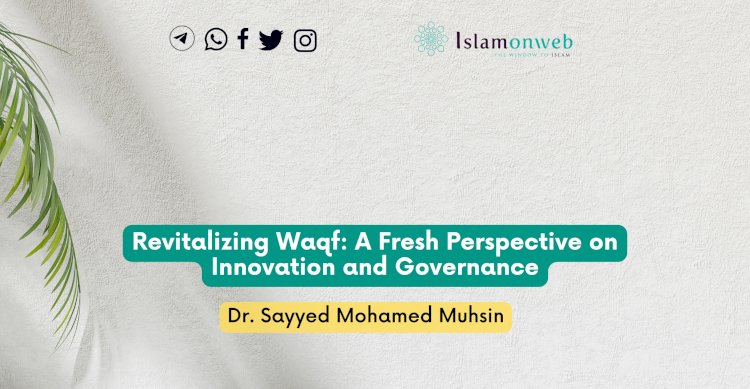


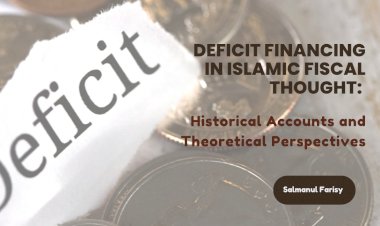

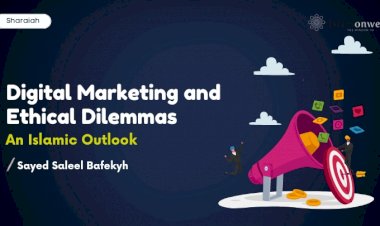
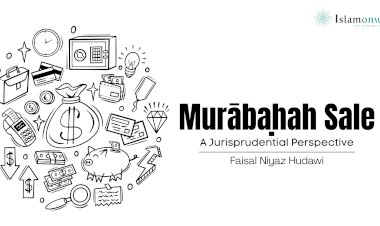

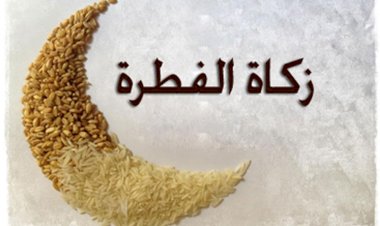














Leave A Comment